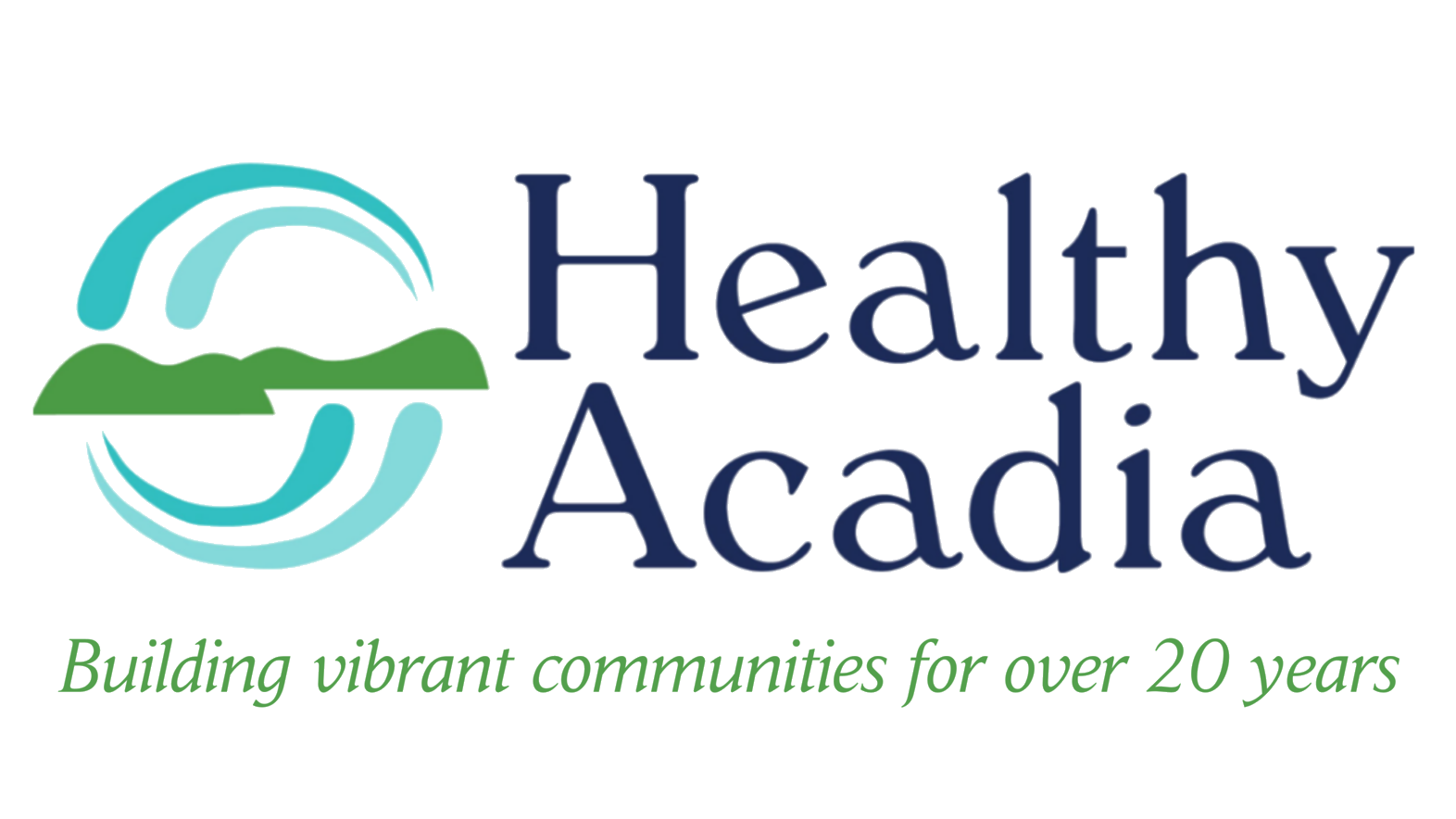Eastern AHEC June 2024 Rural Health Immersion - Student Reflection: Claire
Healthy Acadia has served as Maine’s Eastern Area Health Education Center (AHEC) since 2023. Our AHEC service area includes Washington, Hancock, Waldo, and Knox counties.
Maine AHECs provide community-based clinical training experiences to health professions students; encourage Maine youth to pursue careers in the health professions; offer training and continuing education programs to practicing health professionals; and develop public health approaches to address current and emerging community needs.
As part of this program, Healthy Acadia and community partners work together to create rural health immersion opportunities for health professions students to learn more about rural and underserved communities, including Rural Health Immersions (RHI) for Care for the Underserved Pathways (CUP) AHEC Scholars. and community-based experiential learning opportunities for non-CUP scholars.
We will periodically publish guest blog posts from AHEC Scholars who have agreed to share their experience with the program.
Guest post contributed by Claire Mahoney, Tufts Maine Track Student Claire participated in our June 2024 RHI and reflects on the experience.
On Thursday, June 6, 2024, Pantelis, Halina, Alex, and I drove about 45 minutes to Lubec, on the eastern tip of Maine. We started out at the Regional Medical Center of Lubec (RMCL) which is a local community hospital with medical and dental services. After the meet and greet with RMCL staff, it was immediately apparent that this community was looking for more healthcare professionals, especially dentists. It was eye-opening to learn of Dr. Ditomassi’s schedule and how often he commutes to Boston. Every Friday, Dr. Ditomassi drives 6 hours back to Boston, only to come back up to Lubec to see patients by Monday morning. Personally, I would have a hard time with this schedule, but Dr. Ditomassi seems to love his work and the people he cares for. I think his example is a perfect representation of how rural communities become creative when filling these roles.
After the meet and greet, we got a tour of the hospital as they showed us the different services at RMCL. I was surprised to see they have a fully functioning gym at a discount. I thought this was a great idea to encourage patients and staff to live a healthy lifestyle and prevent illness.
Touring the inside of the gym During the job shadow portion of the morning, I had the privilege of shadowing a nurse practitioner Amy Zipperer. It was very beneficial to gain experience watching and learning from a rural healthcare practitioner. It seems clinicians in rural areas often face unique obstacles and insufficient resources to treat their patients. I also had the chance to chat with a nurse who grew up in the area. From our conversations, it seems that many people who grow up in these communities choose to stay. However, I think it is important to enjoy the outdoors. There are different kinds of activities in rural Washington County than in many of the larger cities throughout the United States.
Our last stop of the morning before lunch was Quoddy Head Lighthouse, the easternmost point of the United States. We walked around, viewed the lighthouse, and stopped by the gift shop to learn more about the history of Quoddy Head. I did not know anything about Quoddy Head beforehand, and the view was gorgeous over the water.
Lastly, we had lunch with the RMCL staff. I think these conversations were some of my favorite parts of the day because we learned about people's stories and how they ended up in Washington County. Some people had been in the community their whole lives, and some moved as adults because they enjoyed the quiet atmosphere.
Before this trip, I had never been to Washington County, so I did not know the intricacies and challenges of living in these communities. I hope to continue learning about rural communities throughout Maine. Each small community has a unique atmosphere and culture, and it's important to recognize this if we are to work and care for each other.


